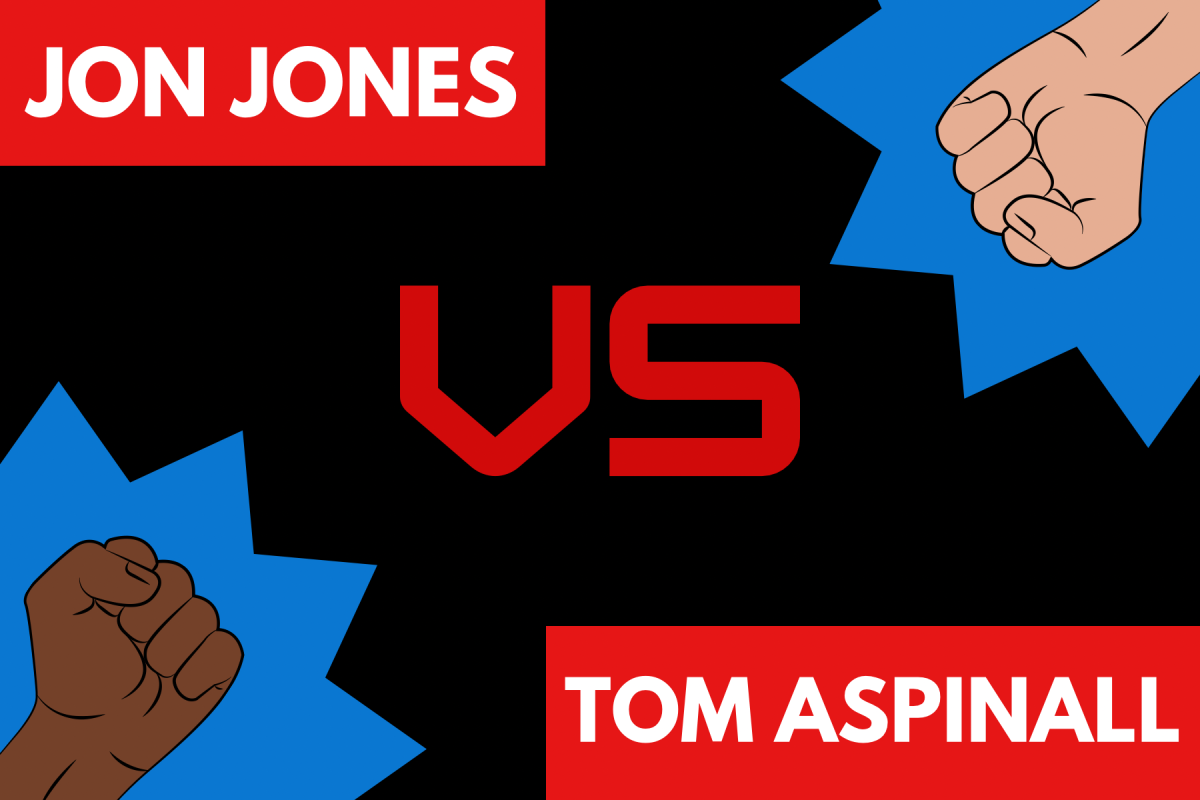 By Cody Owen and Chris Winegarden
By Cody Owen and Chris Winegarden
On October 1, 2013, after weeks of stalemate and partisan warfare in Congress, the U.S. federal government shut down for the 18th time in the nation’s history. This is simply the product of a dated system and the inability of some to compromise, and provides a very clear example of how different classes see the world.
A government shutdown occurs as a result of Congress not being able to create a yearly budget and results in all funding being cut to “non-essential” government programs, such as garbage collection in D.C., the Veteran’s Association, and furlough, an unpaid leave for all government employees. However, those in Congress are still paid far more than they should for the work they are getting done.
The major reason for Congress’ inaction is the disagreement over whether to fund the Affordable Healthcare Act, commonly referred to as Obamacare.
Republicans in the House are attempting to nullify Obamacare by threatening not approve any budget proposed containing it. Not willing to back down or negotiate, the Democrats in the Senate and the White House refused to allow the requested concession to be met.
After trying everything from voting down the bill to trying to get the Supreme Court to declare sections of the law unconstitutional, this refusal to allow it funding is the last resort of a desperate Republican Party to prevent this new Healthcare Act from passing.
Much of the reluctance stems from pressure from healthcare companies, whom this law will cost money when it passes. The law prevents these healthcare providers from being able to pick and choose who to sell insurance to.
This kind of party dispute is by no means a new feature in today’s America. A prime example occurred just last year, with the failure of firearm law reform in the wake of the Sandy Hook shootings. While these laws failed to pass through Congress, such action carried the support of an overwhelming majority of Americans. The news undoubtedly came as welcome to the ears of those NRA representatives and Weekend-Warriors who lobbied those in Congress not to do what they were elected for: to portray the will of the American people through the passing of legislation supported by or beneficiary to said people. Does this mean that these members of Congress believe that their judgement is better than those that they represent?
With Congress’s approval rating currently hovering at around 10%, many aren’t satisfied with the snails pace at which laws are making it through. If so many are dissatisfied with their “representation” in the government, is Congress really even doing it’s job?



























